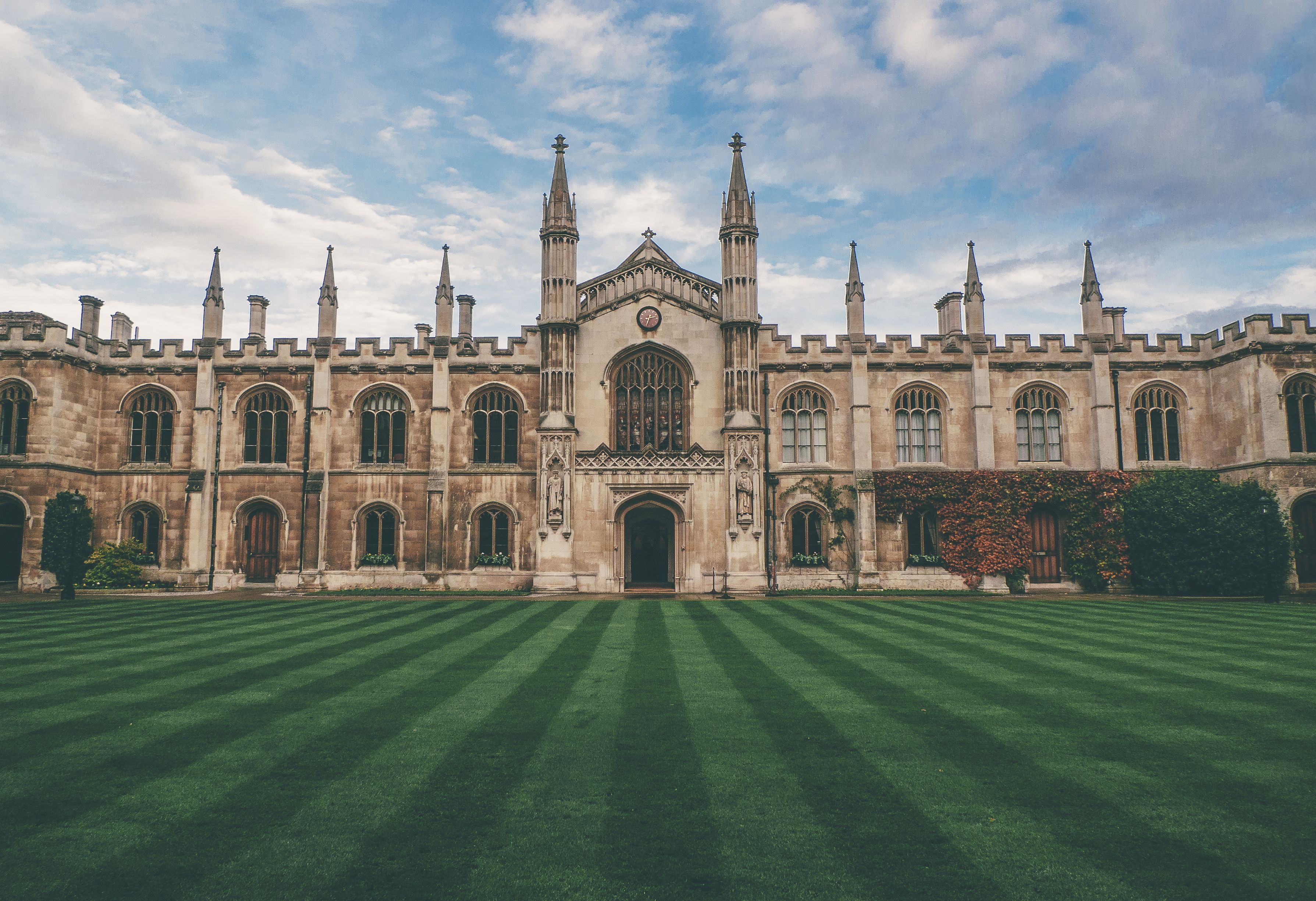Maurice: Review
My sister had been reading E.M. Forster’s novel, ‘Maurice’, and discovered there was a screening of the film adaptation. Maurice, itself, had been released in 1987 but it is not easily available on DVD or online, so this was a great opportunity to watch it on the big screen. One of the screenings was at none other than Warwick Arts Centre so my sister and I took the bus and made the 6pm showing. The audience was quite sparse (I mean it was during the week when most people, myself included, generally were on their way home from a long day at work). But for film and literature, sacrifices are happily made. There were a couple of elderly people, some students (who were probably staying on campus over the summer) and perhaps the odd film student or two who had already realised how difficult it was to watch Maurice.
I was convinced of their pain, their anger and their love
I knew a little about the story from my sister. It was essentially a story of a man coming to terms with his homosexuality during the Edwardian era. I didn’t know anything more than this other than the fact that Hugh Grant was in it (my sister loves him), so either way I was going to have to watch it. And I wasn’t disappointed at all. Maurice had a fantastic mix of humour, sadness, happiness and near-misses with the law. I have to say James Wilby’s ‘Maurice Hall’, Rupert Graves’ ‘Alec Scudder’ and indeed, Hugh Grant’s ‘Clive Durham’ were all played amazingly well. I was convinced of their pain, their anger and their love. Maurice and Clive find themselves falling in love at Cambridge whilst studying English but the pressure of society means Clive marries Anne in order to keep on the right side of the law and preserve his family’s reputation. It is clear in many of the scenes that Maurice and Clive share something deeply emotional, a sentiment that is overtly lacking between Clive and Anne.
It is perhaps still an issue many people are still facing across the world which is why Maurice is still relevant
The conflict here lies in love being suppressed due to homosexuality being a criminal offence at the time (we see the consequences at certain points in the film) and this is where the audience, irrespective of your sexuality, begin to get a glimpse into how unfair it must have been for those characters, let alone real people back then. It is perhaps still an issue many people are still facing across the world which is why Maurice is still relevant. The issue of Class is also explored as Maurice ends up falling in love with Clive’s gamekeeper, Alec. Not only does he rebel against society with his sexuality, his disregard for ideas on class makes Maurice a hero to the modern audience. I suppose the ‘romantic’ part of Maurice is this idea that love doesn’t go away at any point in the film. The lovers become friends out of necessity but that love is never really gone. Maurice is prepared to give up anything and ruin his name just to be in love whilst Clive is always anxious about consequences and society.
There is something quite nice about films set in university when you’re a student yourself
I really loved the cinematography and the music in the film. The aesthetics are largely to that of Cambridge University as well as English country homes, however, we do venture into town when Maurice gets a city job. The pacing of the film was a little slow at times but it wasn’t a disruptive aspect. All the dialogue seemed necessary, either to lighten the mood in places, create emotion or to move the story along. After the movie had finished I thought about it a little on the way home with my sister as it was kind of tradition. She said the book was even better and that (rather unsurprisingly) it went through a long period of censorship due to the content. The film, however, did do it justice I was told. Regardless of the fact that I was tired from work that day, I don’t regret going and seeing it at all. It was nice to get a change of scenery and go to visit my campus for entertainment as opposed to studying as I will be in October (with E.M. Forster on the reading list). Much like Maurice and Clive, my sister will be off to Cambridge to study English which made the film all the better for her. There is something quite nice about films set in university when you’re a student yourself. You can relate to how much of a turbulent time it is and how what appears to be the ‘be all and end all’ are actually just the fleeting moments of your life, almost like moving pictures.

Comments